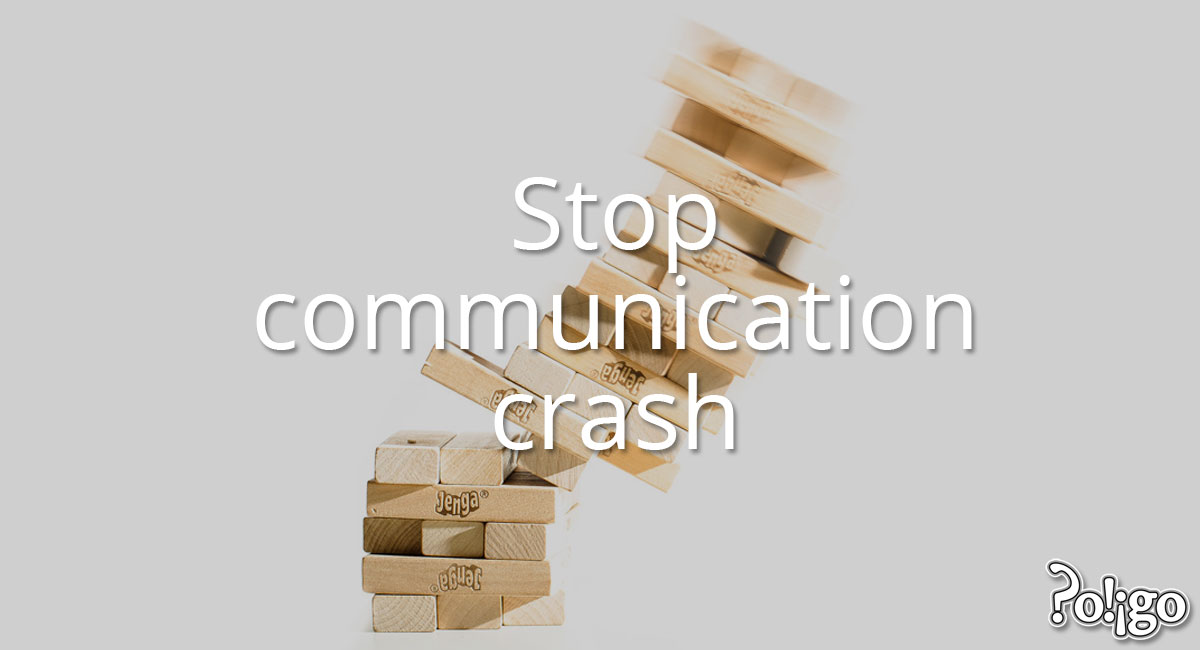
Never say, "I don't understand", or "I can't speak English". This is a fast way to defeat yourself and to kill a conversation.
However, early on in your conversation with other English speakers, make your true ability clear. Say something like:
English isn't my first language, so please speak simply.
You will find your understanding increases when your conversation partner understands your level. They will use language that you can understand. You have to help them change their English for you.
For example, if you say, "I can't speak English", the native speaker will think, "This person doesn't know English." They will give up talking to you. It is better to say something like, "I am sorry, but my English isn't perfect. I can understand if you speak slowly and simply."
In fact, everyone has trouble understanding what they hear sometimes. The difference is that native speakers send better signals about the reasons for communication problems. Many learners have listening trouble because they send the wrong signals. Learners often confirm or clarify in the wrong way.
An example of bad clarification is "Could you repeat that?" Most English speakers will say word-for-word, exactly the same thing. If you still don't understand because of a grammar or vocabulary problem, then what will you do?
When clarifying and confirming, you must consider what an English speaker assumes when you (an English learner) use certain expressions.
Study the table below. It says what a native speaker assumes when you use a certain phrase and what the native speaker will do. Learn the results of using each phrase and make sure you use the right phrase next time you are having a conversation.
| You Say | Native Speaker Thinks | Native Speaker Does |
| Please repeat that. | I am not speaking loud enough or clearly. | Says exactly the same thing again. |
| Please rephrase that. | My English was too difficult. | Uses simple English. |
| I don't understand. | You have a language problem. | Might speak simpler; might lose patience; might give up. |
| I didn't catch that. | I am speaking too fast or unclearly. | Speaks slower and clearer. |
| I don't follow. | There is a problem with my logic. | Explains connections in ideas and give details. |
| What do you mean? | There is a problem with my ideas. | Gives more details and explains reasons: why and how. |
| What does that mean? | You don't know that language. | Explains the meaning. Uses different words. |
Note: If a native speaker says, "I don't understand" to another native speaker, it means, "Your idea is strange, so explain it better." If a person who is not a native speaker (you) says, "I don't understand", then native speakers will almost always assume that there is some language problem.


